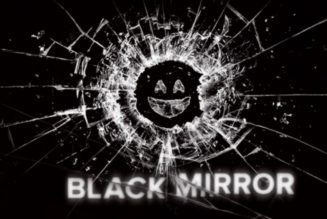
Esparza alleges that the joint venture was to hold onto rights until the expiration of the copyright of the movie while Selena’s family has insisted that a contract amendment had rights reverting back to the family. There appears to be a dispute over whether Warner Bros. had to consent to the reversion. Interestingly, there’s some indication from the court filings that when Warner Bros. learned of the Netflix series, it objected and soon achieved a settlement.
In any event, L.A. Superior Court judge Maurice Leiter has now ruled that Esparza’s contract claim against the Quintanilla family has sufficient merit to overcome a motion aimed at quickly defeating plaintiff’s claim. The judge also accepts claims of breach of fiduciary duty, breach of fair dealing, unjust enrichment, negligent misrepresentation and fraudulent concealment.
The family is at least successful in getting the judge to nix claims of tortious interference and misappropriation of publicity rights.
The judge’s ruling on those unsuccessful claims (read in full here) is likely a positive development for Netflix, which for now remains a co-defendant but is also challenging the basis of claims since it was hardly a party to dealmaking in the 1990s and insists every right to make a “highly transformative, biographical television series that involves a matter of public interest.”
This article was originally published by The Hollywood Reporter.











